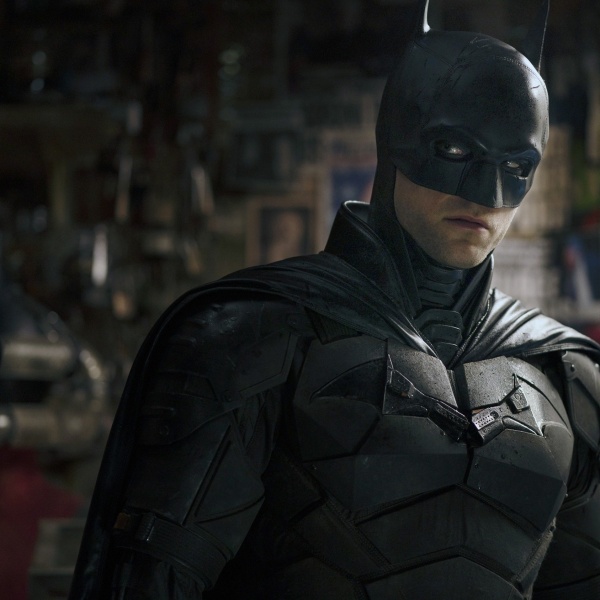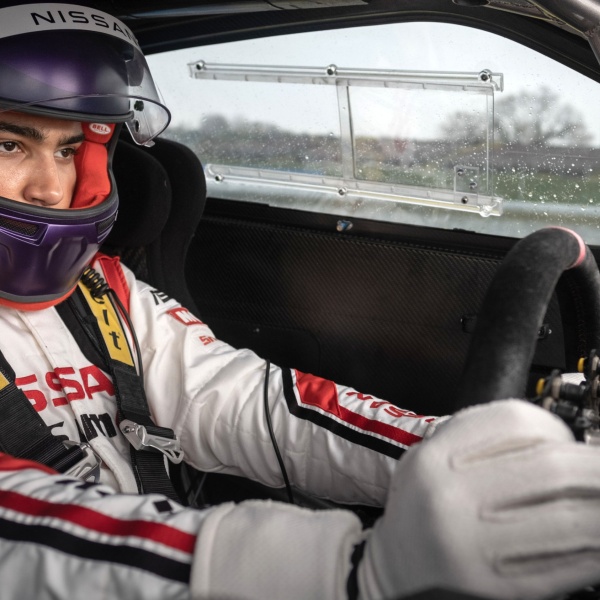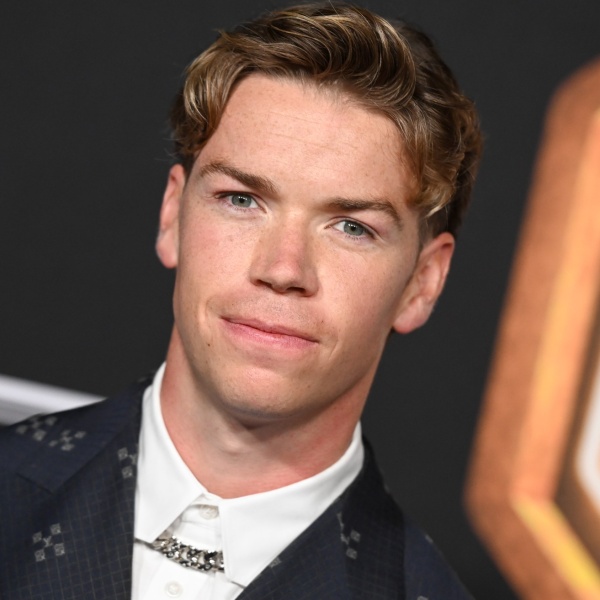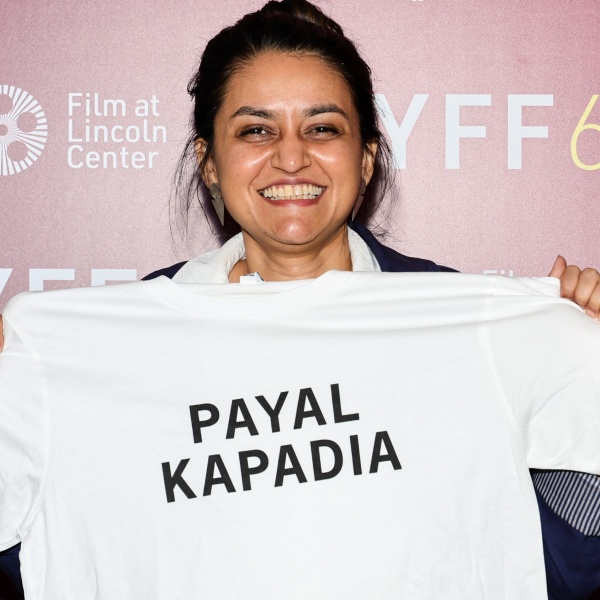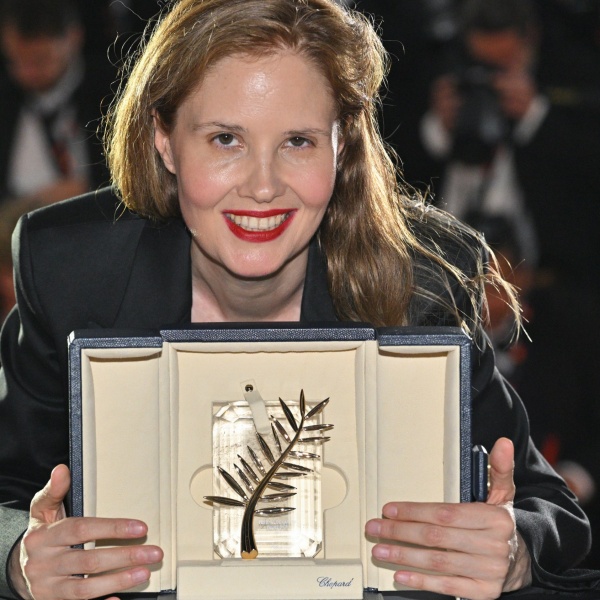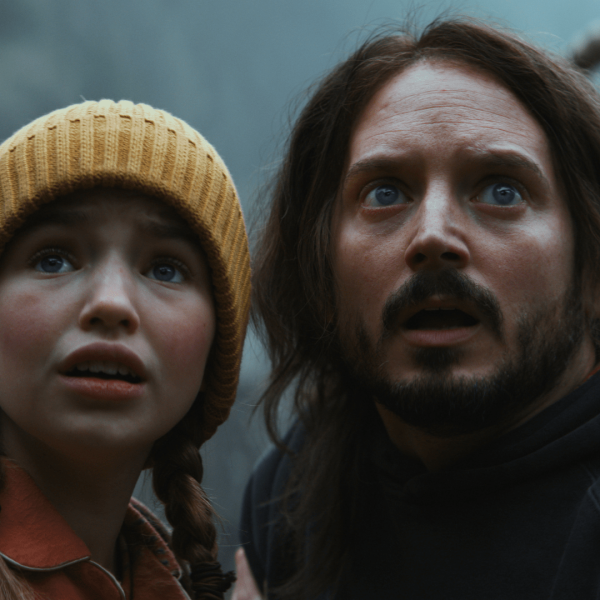
A loud, rapid series of thuds are heard. Deep in the woods, a ferocious game of paintball rages on as if lives were at stake or land was to be won. Taking cover behind a large, makeshift contraption is a young boy, one who wouldn’t look too inappropriate on MTV‘s “Skins.” He’s not fit for this war, that’s for sure, and the camera lingers on him as he catches breath and prepares to hide out for all eternity, or just until the end of the game. Suddenly, an off-camera voice breaks the peace and asks straight-forward, personal questions, which lead to explanations as to why he’s involved in a game he could care less for and why his mood is more than a tad glum. A week ago his brother had OD’d and died, these comrades are not his friends but his siblings, taking the young kid out to unleash some bottled emotions. The funeral’s just around the corner, and this small-knit town all plan on attending the services, regardless of how well they knew him or not. A few more bits are extracted from the boy (such as his brewing vampire novel — which you “wouldn’t get unless you read it”) until a foxy girl discovers his spot and chats him up. Instantly the voice disappears, returning to non-doc narrative and letting the scene play out with a meditative quality.
Matt Porterfield’s “Putty Hill” follows this formula — an observation of different characters related to the recently deceased, with real life interrupted only by the investigative voice behind the camera — for its entire duration, though it never once feels stale. Because of the insistent documentary questioning, we learn more about characters than we’d ever know otherwise. The filmmaker thankfully refrains from dropping any sort of plot point into this moments, such as the “vampire book” example — it’s very likely that if this showed up in any shape or form later on in the film, it’d feel cheap. Instead it’s very much part of the character’s life (or personality — who knows if he’s lying or not?), which cooks up relationships that are completely unlike those gotten from most movies. In fact, we’re so in tune with how they really are that a rather ugly scene between an estranged father and daughter presses harder, as their failure to communicate is only compounded by the fact that we damn well know them both better than either of them know each other.

Aside from how this technique works cinematically, one can’t help but wonder if there’s some sort of bigger idea at work, possibly due to the slight-though-particular director’s touch or its general poetic nature. Porterfield’s “voice” is soothing, inoffensive, innocuous, and most importantly unafraid. In turn, the subjects spill their guts, without ever rejecting a question regardless of how intrusive the inquiries can be. Consequently, people that could be easily written off as uninteresting say some of the most beautiful and intimate things. Thankfully it’s not as simple as “Hey, if everyone spoke their minds this kid wouldn’t be dead!” nor is it a plea for people to drop everything that makes them content just to start talking like they’re in a freshman philosophy class. There’s too much attention paid to life-like moments for those silly reasonings to even stick. No, there’s something more to it, something deep in giving every kind of person attention that they likely wouldn’t get otherwise. It’s not easy to pin down, but there’s some strange, alluring magic at work that demands attention.
However, the best moments are the uninterrupted scenes, showcasing human nature at play without any sort of explanation or interference. Despite the filmmaker’s penchant for digging deep to unearth genuine emotion, he has the smarts to know when it will come out on its own — from a subtle bonding moment between an elderly mother and the deceased boy’s parent to the unique after-wake party (or is it the wake?) that features beer in plastic cups, a DJ, and karaoke. Porterfield’s frame encompasses all of the weirdness and all of its intimacy so well without a bit of disrespect, through this, his fascination becomes ours and it’s near impossible to look away. There’s definitely a bit of Herzog and more than a little “George Washington” influence, though much more pure.
Here the director creates a special kind of cinema, one that only crops up every so often. It refuses to adhere to restrictive conventions, forming its own structure by freeing itself to experimentation and collaboration, which in turn incites not only a feeling of intimacy in the viewer, but also excitement. Kafka once said (and forgive us for mangling the quote) that books should “serve as the axe for the frozen sea within us,” and amidst all of the dull kitchen knives that populate the American indie scene, “Putty Hill” does just that. [A]

